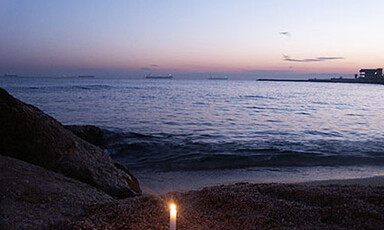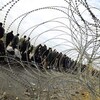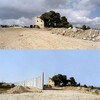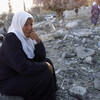
Palestine Through the Arts: A nation defined by culture not politics
20 February 2005
The exporting of Palestinian art is particularly important because while the U.S., which can be considered a third party to the conflict, shares a sense of cultural identity with Israel, it holds very violent perceptions of Palestinians. When Americans see headlines and pictures of suicide bombings, they all too often make no distinction between Palestinians who blow themselves up at bus stops, Iraqi resistance fighters, and Al-Qaeda lunatics who fly planes into skyscrapers. Furthermore, it is only violent pictures that make the news — after all, if it bleeds it leads. Read more about Palestine Through the Arts: A nation defined by culture not politics








